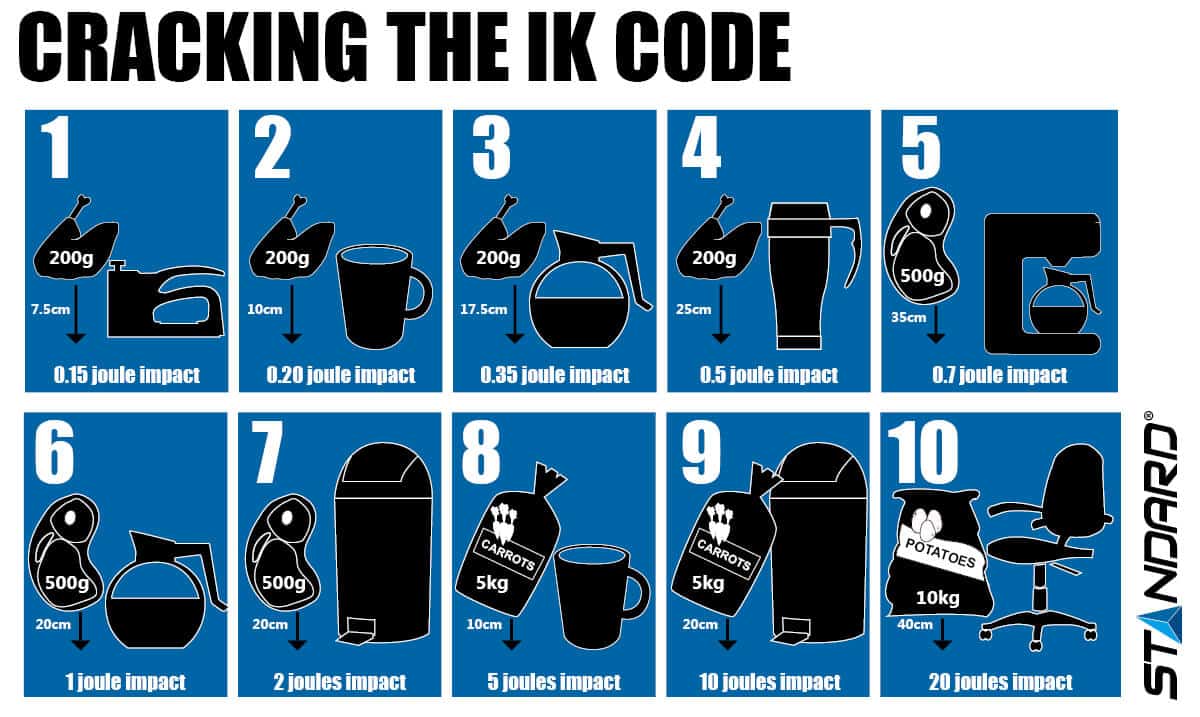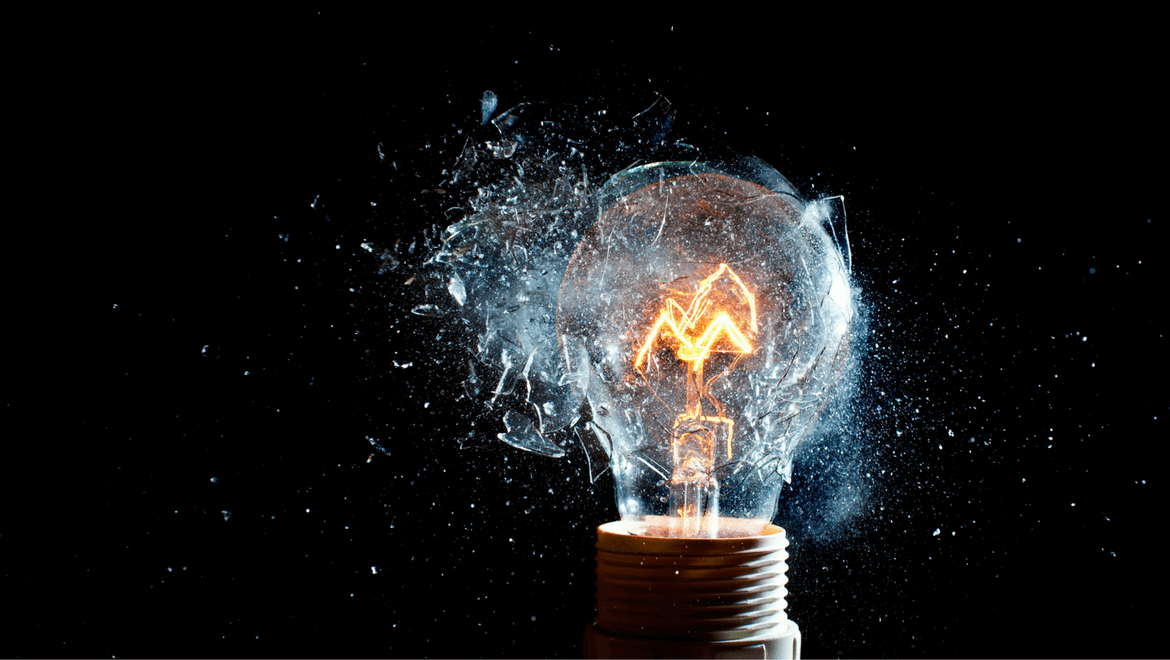Before the advent of the IK code, we sometimes indicated the level of impact protection with a third numeral, like IP66(9). It was closely related to the IP Code on ingress protection, but not standardized. This is one of the factors that led to the development of the IK Standard, which uses a two-numeral code to distinguish it from the old systems.
How do Scientists Measure Impact Energy?
Named for English physicist James Prescott Joule, the joule (J) is a unit of energy. It is used as a unit of work, energy and heat, and is widely used in scientific applications. 1 joule = 1 watt-second = the impact of a small apple dropped from a height of three feetHow Do we Rate Lighting Products with the IK Code?
The enclosure must withstand five hits at specified impact energies (joules) and from specified attack angles. These standard tests are conducted in a controlled environment such as a laboratory. If you wish to know if the lighting product you are looking to buy is IK-rated, refer to the product packaging, or consult the luminaire catalogue. Here is an infographic that allows you to easily visualize IK code ratings:
What IK Rating do I Need to Look for in my Lighting Application?
You don’t need a lighting product that’s highly resistant if there’s a low risk of impact to your application. First, analyze the risks of impact, and then look for the option that best fits your needs. In the case of an application for which the risk of vandalism is high, look for products that can handle it, such as IK10-rated products.| IK Rating | Description of Conditions | Recommended for |
| IK 07 | No major risk of impact | Ideal for technical rooms |
| IK 08 | Significant risk of impact that could damage lighting equipment | Ideal for hallways |
| IK10 | Maximum risk of impact that might damage lighting equipment | Ideal for workshops, parks, schools, prisons… |
